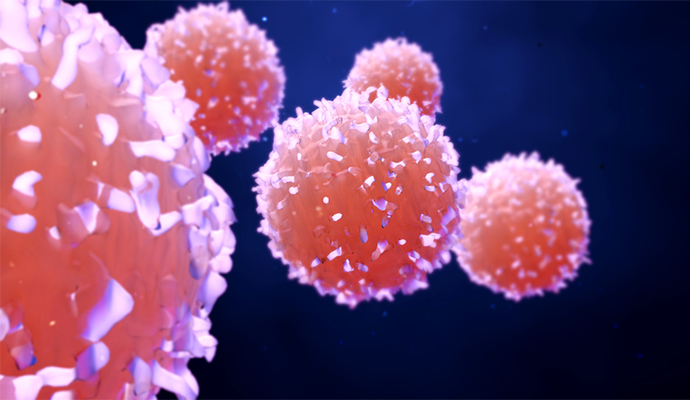Overcoming the Challenges of Distributing COVID-19 Antibody Drugs
The FDA’s recent approval of the emergency use of certain COVID-19 antibody drugs is a key step, but, but experts must address issues with approval, access, and distribution in hospitals and other care settings.

Source: Getty Images
- Although prepublication news releases for COVID-19 antibody drugs are common, they often leave clinicians uncertain about how to best leverage the treatments, which are usually in short supply, according to a new viewpoint article from JAMA Network Open.
At the beginning of the pandemic, FDA granted emergency use authorization to Gilead’s remdesivir just two days after a news release announced that the drug decreased duration of symptoms in coronavirus patients.
The release of the data and administration of remdesivir was extremely premature, occurring three weeks before any primary clinical data was published, according to the viewpoint of Robert H. Goldstein, MD, PhD, and Rochelle P. Walensky, MD, MPH, who both work at Massachusetts General Hospital and Harvard Medical School.
Therefore, hospitals had a low supply of the medication and caregivers weren’t educated on which patients would benefit most from remdesivir since it was generally unknown if the drug actually decreased mortality or improved other important outcomes.
An emergency use authorization for an antibody without public release of important data will generally heighten the problems that occur once administered, Goldstein and Walensky emphasized.
“The early days of remdesivir distribution were marked by confusion and a lack of transparency. In the absence of government-led equitable distribution, grassroots efforts by individual hospitals attempted to fill the void,” they wrote in the article.
“Once remdesivir was administered, patient outcomes were not systematically cataloged. Many called for the creation of a patient registry that would monitor distribution demographics, safety events, and clinical outcomes. Perhaps such a registry might have demonstrated before now that treatment with remdesivir did not confer a mortality benefit,” the article continued.
At the beginning of October, President Trump received an infusion of REGN-COV2, a monoclonal antibody cocktail from Regeneron, after being diagnosed with COVID-19.
Trump’s physicians administered him the drug after released data showed that REGN-COV2 led to a greater decrease in viral load and time to resolution of symptoms in patients with high viral loads and who had not already mounted their own antibody response.
But one major challenge was that Regeneron released the “promising data” just three days before the drug was administered, leaving no time for additional outcomes to be released.
Researchers noted that ultimately, it was unclear if the study was designed to detect these important outcomes.
Monoclonal antibodies, such as REGN-COV2, have the potential to be even more effective than remdesivir by treating patients early on and possibly avoiding hospitalization.
But experts must remain mindful of the challenges experienced with remdesivir and attempt to combat the issues with monoclonal antibodies before they arise.
As of November 13th, the number of COVID-19 cases exceeded 10 million in the US, and since mid-October, the 7-day average daily case in the US has remained greater than 50,000, researchers said.
But Regeneron said that it will produce only 50,000 doses of REGN-COV2, leaving limited doses of the antibody. Therefore, clinicians and hospitals are forced to determine which patients might best benefit from the antibody on their own, with the potential absence of primary data.
Although monoclonal antibodies are effective when administered early on in disease progression, the monoclonal antibody preparations require a 1-hour intravenous infusion.
Researchers emphasized that hospitals and clinics that currently provide infusions of therapeutics generally perform the infusions in facilities that are dedicated to that specific treatment course. As these facilities return to pre-pandemic capacity, there is a heightened risk for new disturbances.
These disruptions include transmission of the virus to immunosuppressed patients and insufficient distribution to rural hospital systems.
“Failure to address these issues will intensify the numerous challenges that the health care system has faced throughout this pandemic, will result in a repeat of shortcomings and failures with achieving an effective and equitable therapeutic response, and importantly, will only exacerbate the disparities in care and outcomes related to this disease,” researchers concluded.
